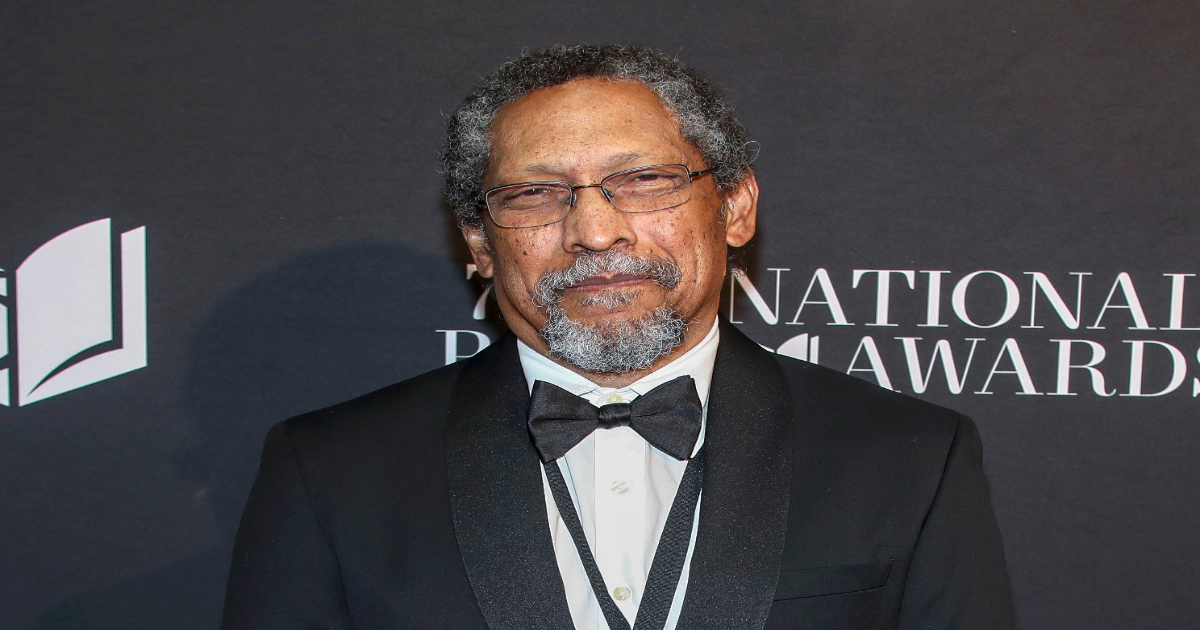NEW YORK — The New York Times won four Pulitzer Prizes and the New Yorker three on Monday for journalism in 2024 that touched on topics like the fentanyl crisis, the U.S. military and last summer’s assassination attempt on President Donald Trump.
The Pulitzers’ prestigious public service medal went to ProPublica for the second straight year. Kavitha Surana, Lizzie Presser, Cassandra Jaramillo and Stacy Kranitz were honored for reporting on pregnant women who died after doctors delayed urgent care in states with strict abortion laws.
The Washington Post won for “urgent and illuminating” breaking news coverage of the Trump assassination attempt. The Pulitzers honored Ann Telnaes, who quit the Post in January after the news outlet refused to run her editorial cartoon lampooning tech chiefs — including Post owner Jeff Bezos — cozying up to Trump. The Pulitzers praised her “fearlessness.”
The Pulitzers honored the best in journalism from 2024 in 15 categories, along with eight arts categories including books, music and theater. The public service winner receives a gold medal. All other winners receive $15,000.
The New York Times showed its breadth with awards honoring reporting from Afghanistan, Sudan, Baltimore and Butler, Pennsylvania. Doug Mills won in breaking news photography for his pictures of the Trump assassination attempt, including one that captured a bullet in the air near the GOP candidate.
The Times’ Azam Ahmed and Christina Goldbaum and contributing writer Matthieu Aikins won an explanatory reporting prize for examining U.S. policy failures in Afghanistan. Declan Walsh and the Times’ staff won for an investigation into the Sudan conflict.
Alissa Zhu, Nick Thieme and Jessica Gallagher won in local reporting, an award shared by the Times and The Baltimore Banner, for reporting on that city’s fentanyl crisis and its disproportionate affect on black men. The Banner created a statistical model shared with other newsrooms.
Reuters won for its own investigative series on fentanyl, showing how lax regulation both inside and outside the United States makes the drug inexpensive and widely available. inewsource.org in San Diego was a finalist in the illustrated reporting and commentary category for its stories on fentanyl.
The New Yorker’s Mosab Abu Toha won for his commentaries on Gaza. The magazine also won for its “In the Dark” podcast about the killing of Iraqi civilians by the U.S. military and in feature photography for Moises Saman’s pictures of the Sednaya prison in Syria.
The Wall Street Journal won a Pulitzer for its reporting on Elon Musk, “including his turn to conservative politics, his use of legal and illegal drugs and his private conversations with Russian President Vladimir Putin,” the Pulitzer board said. The Journal was also a finalist for its “cool-headed” reporting on the plight of Evan Gershkovich, who was imprisoned in Russia.
The Pulitzers also gave a special citation to the late Chuck Stone for his work covering the civil rights movement. The pioneering journalist was the first Black columnist at the Philadelphia Daily News and founded the National Association of Black Journalists.
Mark Warren of Esquire won the feature writing prize for his portrait of a Baptist pastor and small-town mayor who died by suicide after his secret online life was exposed by a right-wing news site.
Alexandra Lange, a contributing writer for Bloomberg CityLab won an award in criticism for “graceful and genre-expanding” writing about public spaces for families.
The Houston Chronicle’s Raj Mankad, Sharon Steinmann, Lisa Falkenberg and Leah Binkovitz won the Pulitzer in editorial writing for its series on dangerous train crossings.
In the arts categories, Percival Everett’s novel “James,” his radical re-imagining of “The Adventures of Huckleberry Finn” from the perspective of the enslaved title character, won the Pulitzer Prize for fiction. “Purpose,” Branden Jacobs-Jenkins’ drawing-room drama about an accomplished Black family destroying itself from within, won for drama. It also earned six Tony Award nominations last week.
Everett’s Pulitzer confirmed the million-selling “James” as the most celebrated and popular U.S. literary novel of 2024, and accelerated the 68-year-old author’s remarkable rise after decades of being little known to the general public. Since 2021, he has won the PEN/Jean Stein Award for “Dr. No,” was a Pulitzer finalist for “Telephone” and on the Booker shortlist for “The Trees.” Before Monday, “James” already had won the National Book Award, the Kirkus Prize and the Carnegie Medal for fiction. His racial and publishing satire “Erasure,” released in 2001, was adapted into the Oscar-nominated 2023 film “American Fiction.”
“Purpose” was praised in its citation as “a skillful blend of drama and comedy that probes how different generations define heritage.” Jacobs-Jenkins had been twice nominated for a drama Pulitzer, for “Everybody” in 2018 and “Gloria” in 2016. He won the Tony Award for best play revival last year for “Appropriate,” a work centered on a family reunion in Arkansas where everyone has competing motivations and grievances.
Also Monday, Pulitzer officials announced that Jason Roberts won the biography award for “Every Living Thing: The Great and Deadly Race to Know All Life” and Benjamin Nathans’ “To the Success of Our Hopeless Cause: The Many Lives of the Soviet Dissident Movement” had been cited for general nonfiction. Two books were announced as history winners, both of them, like “James” and “Purpose,” explorations of race in U.S. history and culture: Edda L. Fields-Black’s “Combee: Harriet Tubman, The Combahee River Raid, and Black Freedom During the Civil War” and Kathleen DuVal’s “Native Nations: A Millennium in North America.”
Marie Howe’s “New and Selected Poems” won for poetry, and composer-percussionist Susie Ibarra’s “Sky Islands,” an eight-piece ensemble inspired by the rainforest habitats of Luzon, Philippines, was awarded the Pulitzer for music.
The Pulitzers were announced at a time when the National Endowment for the Arts, which has provided support for thousands of writers and literary organizations, was cutting back funding and pushing staff members to leave. Howe and Everett are both past recipients of NEA creative writing fellowships.
